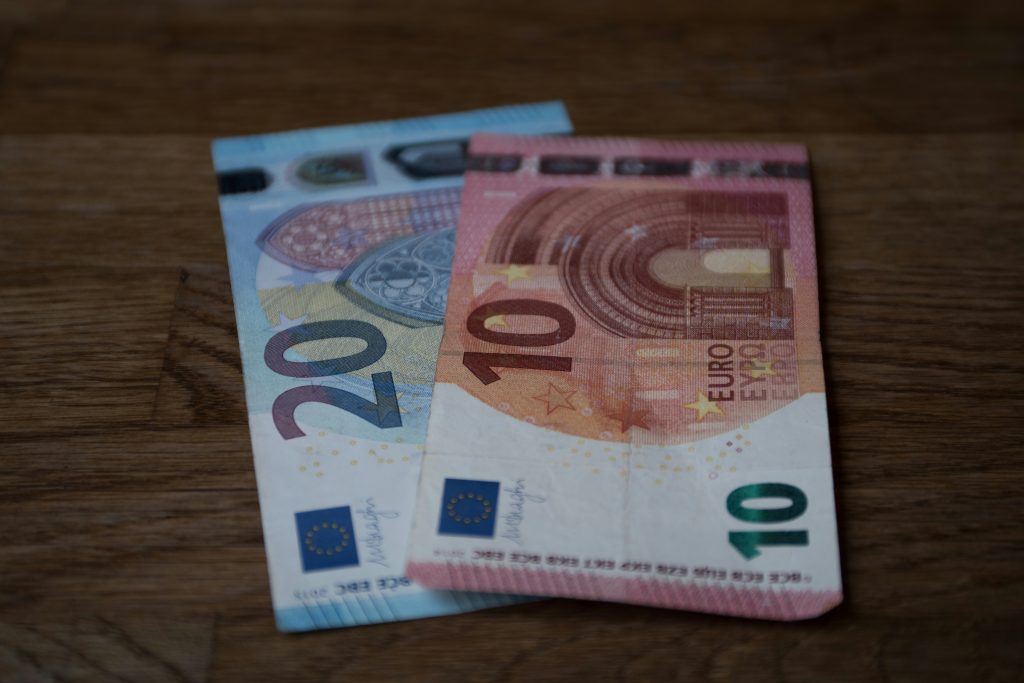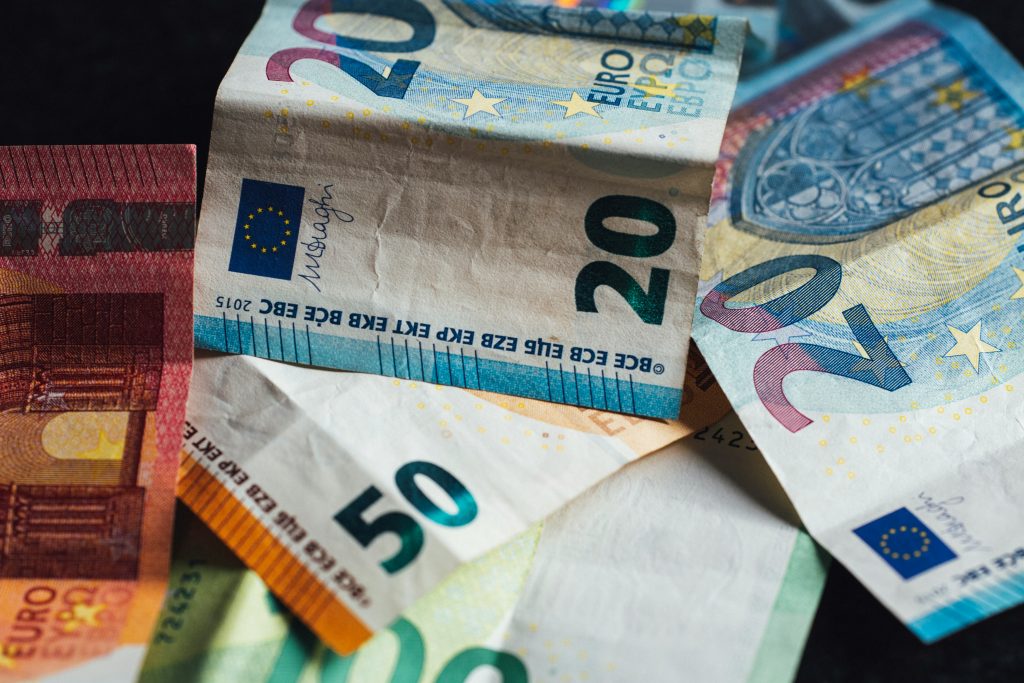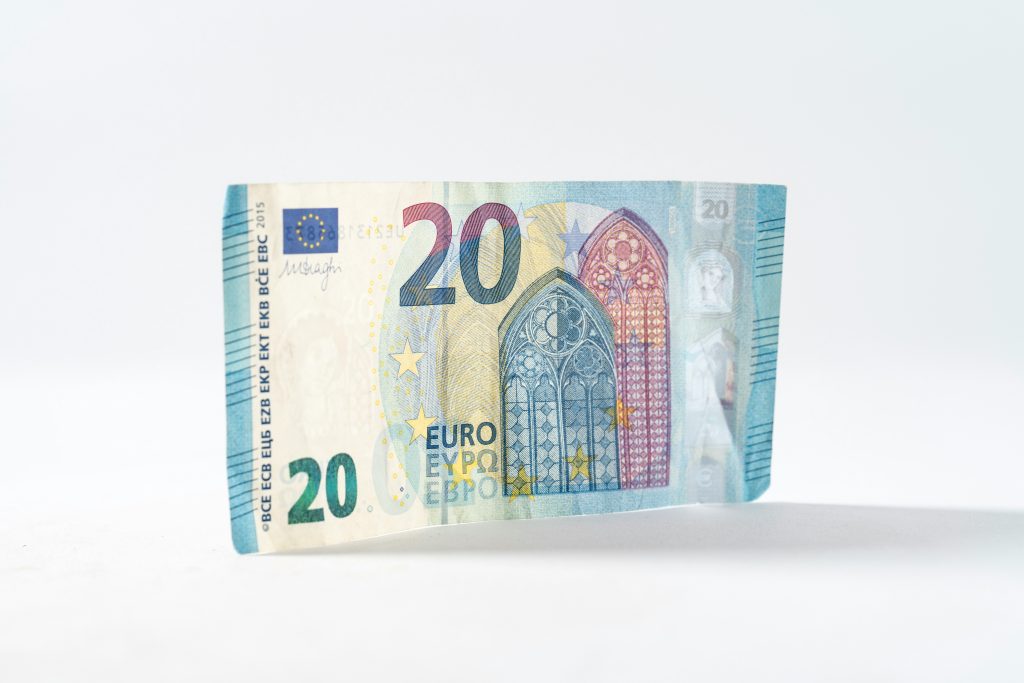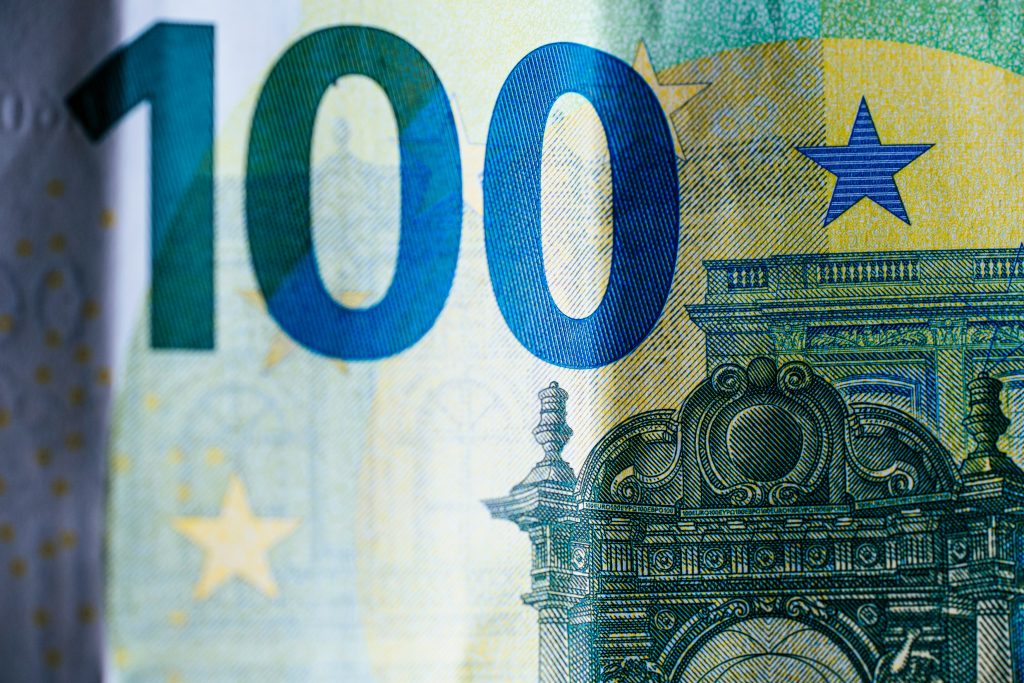September the 2nd, 2024 – Croatian wage growth is real, despite the fact that it might not remotely feel that way. Will this growth actually hold any influence whatsoever on apparently constantly rising prices?
As Jadranka Dozan/Poslovni Dnevnik writes, periods dominated by high inflation are usually accompanied by demands for wage increases, but wage increases can also have a rebound effect on inflation.
When it comes specifically Croatian wage growth, we can see that first we saw a rise in prices that wages did not follow, i.e. they fell in real terms. The pressure to urge Croatian wage growth resulted in the beginning of last year catching up with the inflation rate, which eventually started the recovery of real wages.
Since then, Croatian wage growth hasn’t merely compensated for the accumulated loss of purchasing power, but has also noticeably increased compared to the level recorded at the end of 2021, just before the period of high inflation and a real drop in wages was felt. Three researchers from the Croatian National Bank (CNB) delved deeper into the dynamics of the relationship between wages and inflation.
shocks generate wage increases

Their analysis showed that in spite of the strong pace of the increase, the total autonomous effect of recent Croatian wage growth on prices has been relatively moderate. The authors of the analysis, Davor Kunovac, Ozana Nadoveza and Filip Ivanac, estimated that Croatian wage growth is “responsible” for approximately one percentage point of inflation in 2024.
According to them, that estimate reflects the relative importance of the shocks that generate wage increases as well as the estimated wage-to-price transmission coefficients. Their results also suggest that the transmission of wage growth to actual prices in Croatia in the post-pandemic period was very close to the estimated average transmission in the five largest Eurozone countries.
That showed that slightly less than 20 percent of the so-called standard shock to wages spills over to inflation. However, the trio’s research also points out that it should be borne in mind that aggregate demand, which currently generates an increase in wages in this country of three to four times higher than usual levels, despite the relatively mild overall effect of wage growth on prices, could still time to keep inflation above the desired level.
croatian wage growth: playing catch up

“After the annual inflation rates in Croatia exceeded 12 percent in the second half of 2022, the growth of nominal wages, as expected, began to catch up with inflation, and eventually exceeded it. This could start discussions about the emergence of the so-called spiral of prices and wages, an undesirable process of the continuous mutual stimulation of price growth and wage growth,” the analysis pointed out.
It was intended to explain the reasons as to why it is difficult to precisely quantify the relationship between wages and inflation, which is bidirectional, with the fact that the correlation between them can be positive or negative. However, once inflationary pressures stemming from higher raw material prices and supply chain problems have eased, rising wages are now seen as one of the main factors that could keep the rise in the general price level above target.
is such a spiral actually a threat to be monitored?

In Croatia, employers’ associations often apostrophise the much stronger growth of salaries and total incomes of employees in Croatia compared to the rest of the EU and the Eurozone. For example, they recently stated that in terms of real salary growth of 6.5 percent in 2023 and expected growth of 9.5 percent in 2024, Croatia is at the head of the EU for the second year in a row, with a growth rate that is almost four times faster than the Eurozone average. Considering these figures, it’s also understandable that the focus of the aforementioned CNB researchers is primarily on the current direction of the relationship between inflation and Croatian wage growth.
“Wage increases can lead to higher inflation rates only when the macroeconomic environment is dominated by demand shocks. Wage increases caused by supply shocks or movements in the labour market usually have no significant effects on prices. Bearing in mind that in this country, the movement of wages and prices is currently predominantly determined by aggregate demand shocks, we can conclude that there are certain risks for the increase in nominal wages to spill over into consumer price inflation,” the analysis pointed out.
However, although Croatian wage growth could continue to contribute to inflation, the aforementioned CNB experts believe that this contribution could remain moderate throughout 2024 (account for about 1 percentage point) and that the initiation of an (undesirable) wage and price spiral is quite unlikely.











